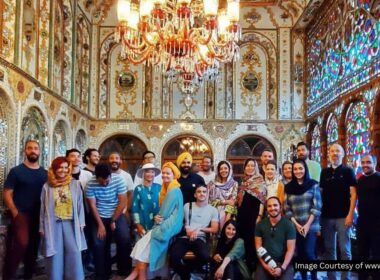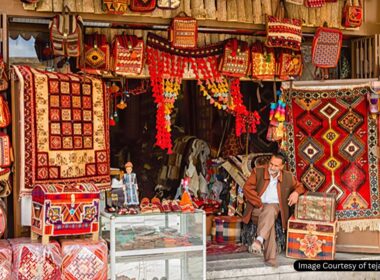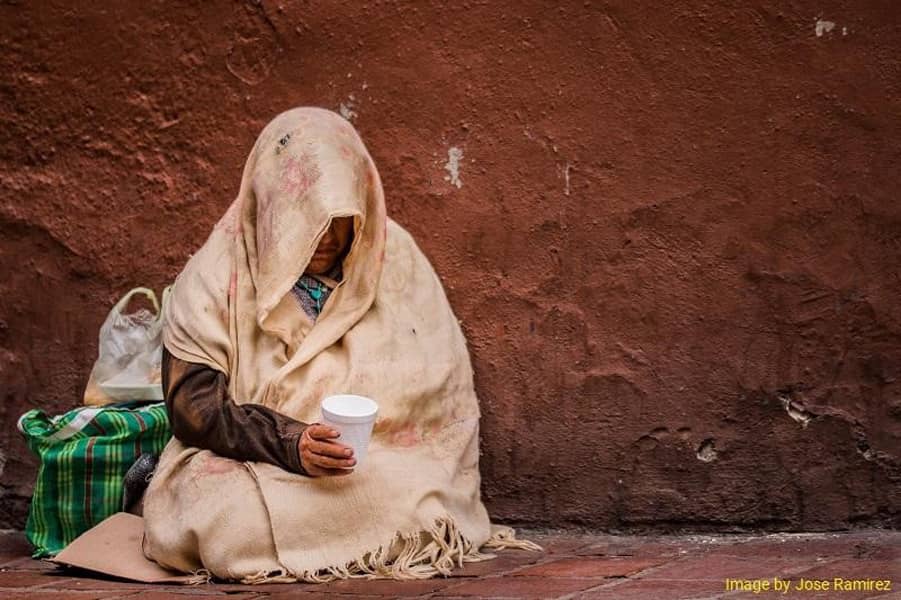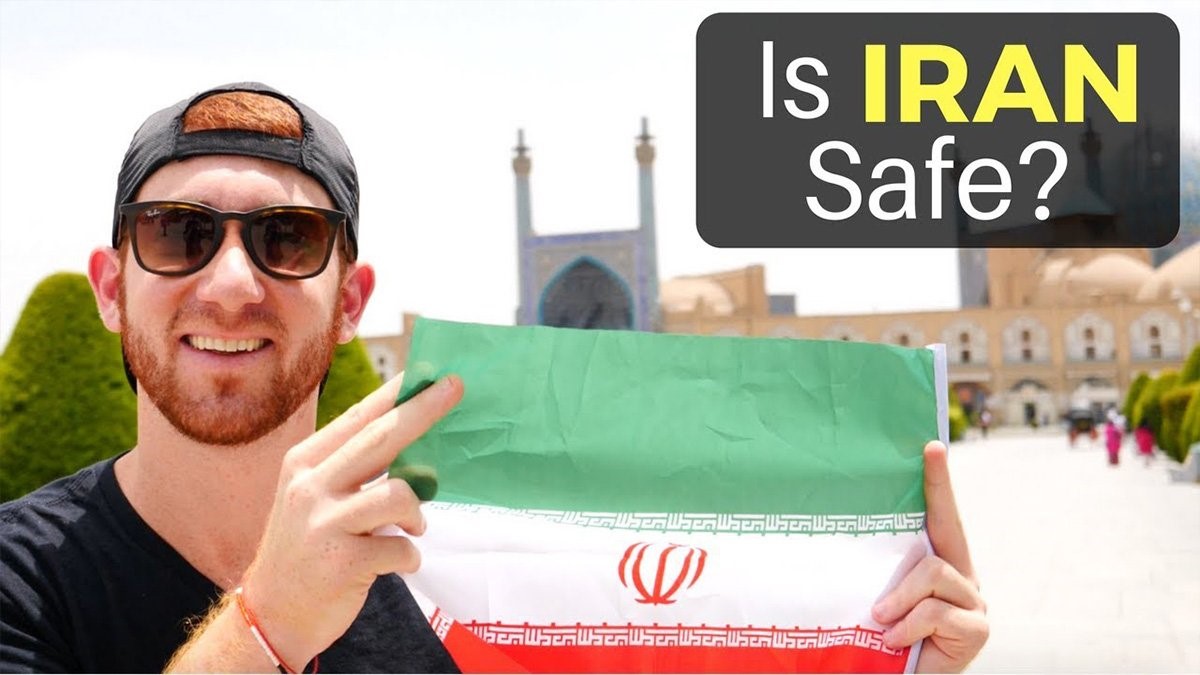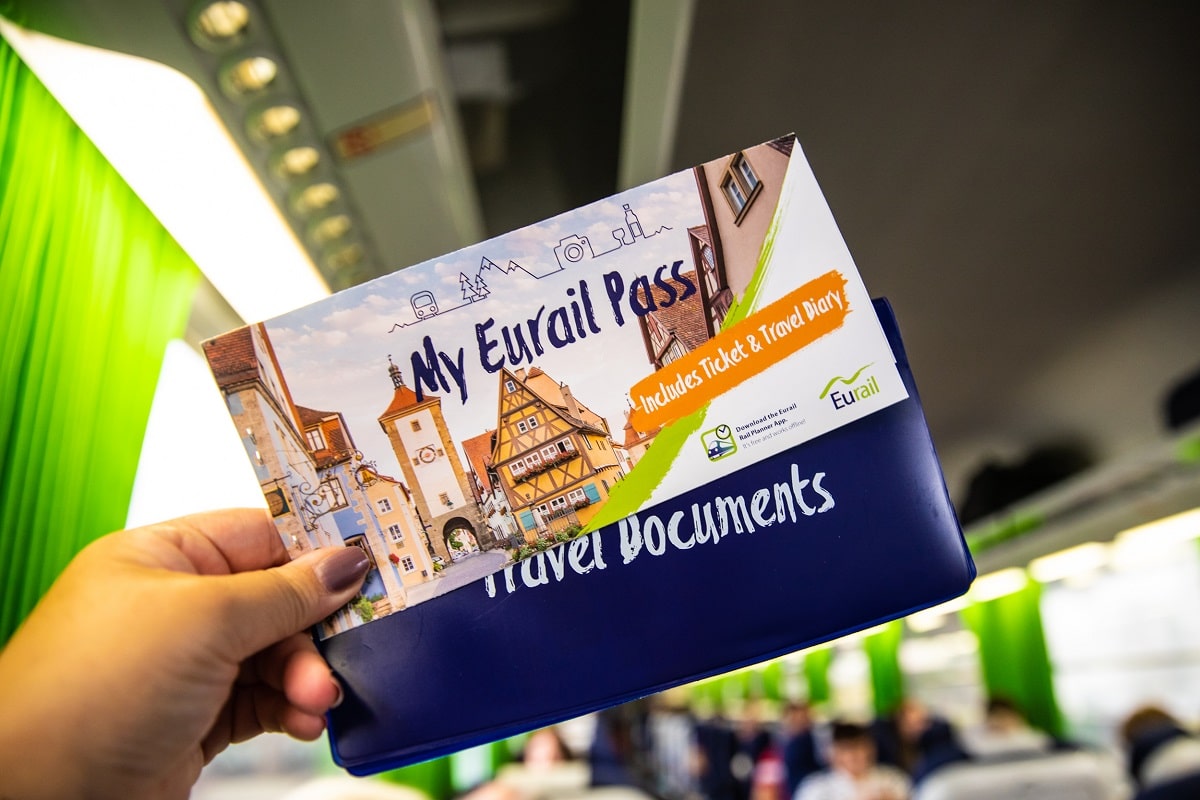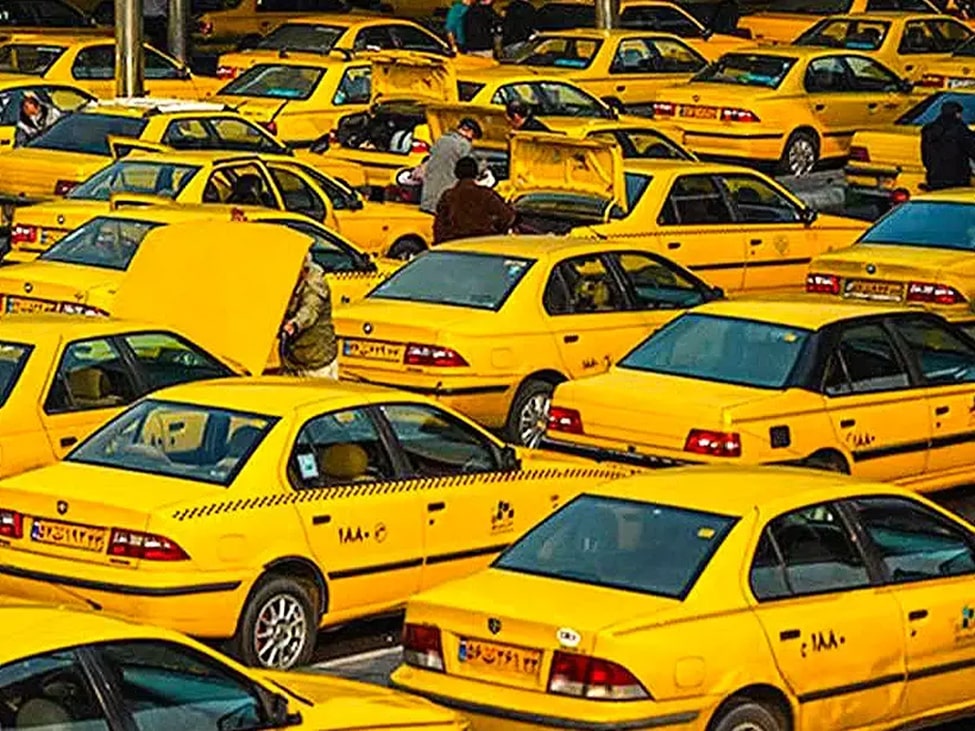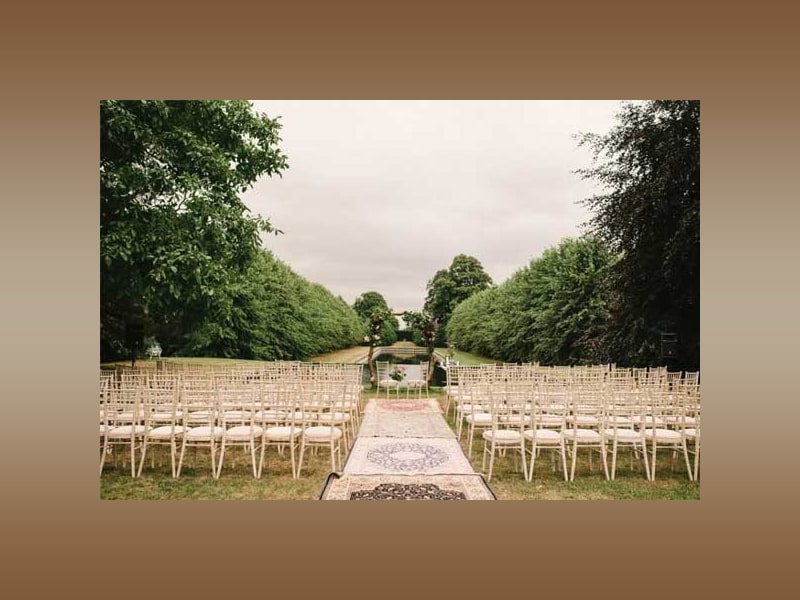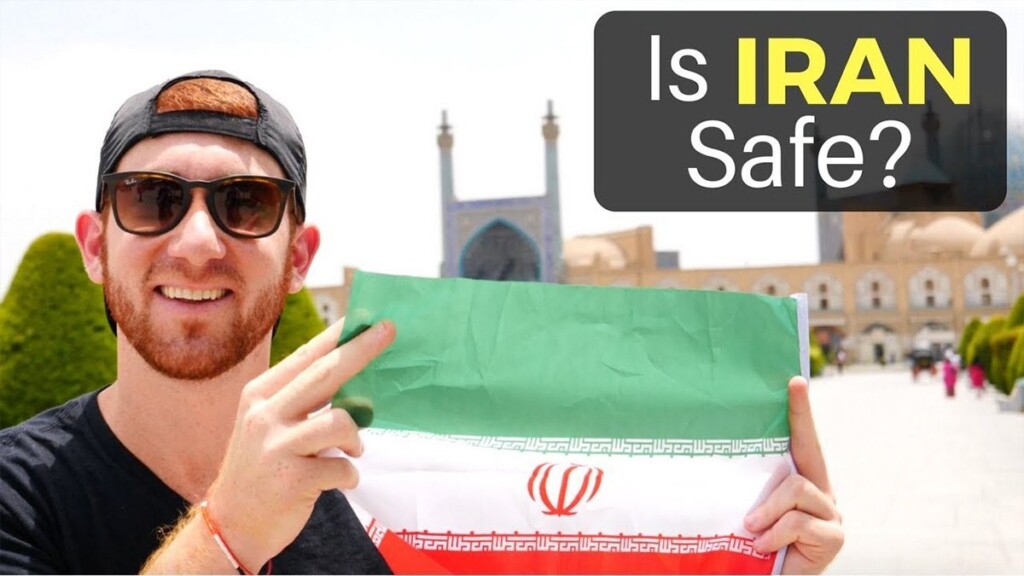
Several tourists are asked, “Is it safe to travel to Iran?” According to “Destination Iran”, the “Eavar Travel” agency has answered this question in detail and provided extensive information on this topic.
As the world becomes more interconnected and travel opportunities expand, exploring lesser-known destinations has piqued the curiosity of adventurous globetrotters. One such destination that has garnered attention in recent years is Iran, a nation with a rich cultural heritage and breathtaking landscapes. However, due to its unique geopolitical situation and media portrayals, many potential travelers find themselves wondering: Is it safe to travel to Iran?
Iran’s history and cultural significance often overshadow the country’s present reality, creating misconceptions and concerns about safety. Therefore, in this article, we aim to address your concerns and provide you with valuable insights to help you make informed decisions.
Is Iran Safe for Tourists?
Iran is generally considered a safe destination for tourists, with several factors contributing to its positive reputation.
Iran has a relatively low crime rate, ensuring a peaceful environment for travelers. While no place is entirely immune to petty theft or pickpocketing, instances of violent crime targeting tourists are rare. It’s always advisable to exercise basic caution and follow common-sense safety practices, such as safeguarding your belongings and staying aware of your surroundings.
One of Iran’s greatest assets is its welcoming and hospitable people. Iranians are renowned for their kindness, generosity, and willingness to assist travelers. Locals often go out of their way to ensure visitors feel safe and comfortable, making the country an inviting destination for tourists.
The Iranian government prioritizes the safety and well-being of tourists. Law enforcement agencies maintain a visible presence in major tourist areas and take proactive measures to ensure the security of visitors. Additionally, tourism police and tourist information centers are readily available to provide assistance and guidance to travelers.
Is Iran Safe for Women?
Women in Iran enjoy certain rights and occupy various roles within society. While there are still ongoing discussions and debates regarding gender equality, Iranian women actively participate in education, the workforce, and public life.
Iranian society follows traditional gender norms and expectations. Modesty in attire is highly valued, and women are encouraged to dress modestly in public spaces. Wearing a headscarf (hijab) and loose-fitting clothing that covers the arms and legs is customary. Adhering to these cultural norms demonstrates respect for local customs and facilitates positive interactions with locals.
Is it Safe to Travel to Iran as an American Woman?
American women are generally well-received in Iran, with locals often showing curiosity and interest in engaging with travelers from the United States. It is important to note that political tensions between the two countries can influence perceptions, so maintaining a respectful and open attitude can help foster positive interactions.
To have a peaceful and enjoyable trip to Iran, follow the safety information and Iran travel tips below:
- Dressing: Observe local dress codes and cover your hair with a headscarf. Choose clothing that covers the arms, legs, and torso loosely. Wearing a manteau (a long coat or tunic) over pants or a skirt is recommended.
- Accommodation: Opt for reputable accommodations that prioritize guest safety, preferably with good reviews from female travelers. Consider booking accommodations in well-regarded areas.
- Transportation: Use reliable transportation options, such as registered taxis or ride-hailing services. If using public transportation, especially at night, try to travel in groups or with fellow travelers.
- Awareness: Stay vigilant and aware of your surroundings. Trust your instincts and avoid situations that make you uncomfortable. It’s advisable to avoid walking alone in isolated or unfamiliar areas, particularly at night.
- Local Contacts: Establish connections with local women or join organized tours to enhance safety and cultural understanding. They can provide valuable insights and support during your trip.
- Research: Familiarize yourself with the local customs, laws, and cultural sensitivities. Understanding the dos and don’ts will contribute to a smoother and safer experience.
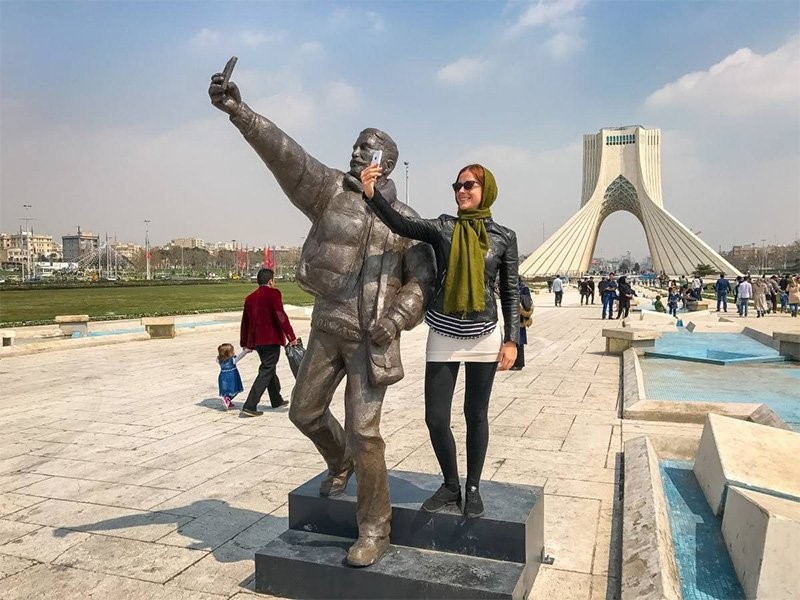
Is it Safe for Indian Citizens to Travel to Iran?
Indian and Iranian cultures have historical connections and share certain similarities, such as a rich tradition of poetry, art, and cuisine. This cultural affinity creates a sense of familiarity for Indian tourists in Iran, providing a foundation for mutual understanding and cooperation. However, it is important to recognize and respect the cultural differences and nuances that exist.
Indian tourists may face challenges related to language barriers and cultural adjustment. English is not widely spoken in Iran, so it may be helpful to learn basic Persian phrases or travel with a guide who can assist with communication. Adapting to local customs and being sensitive to cultural norms will help foster positive interactions and enhance your travel experience.
Can a US Citizen Visit Iran?
For US citizens considering a visit to Iran, there are specific factors to consider due to the diplomatic relations between the two countries.
US citizens face certain restrictions and limitations when traveling to Iran. The US government has implemented travel restrictions, including a travel ban that affects specific categories of travelers. It is important to familiarize yourself with the latest travel regulations and requirements set by the US Department of State before planning your trip.
There are necessary precautions for US citizens visiting Iran including:
- Obtain Appropriate Documentation: US citizens do need a visa for Iran. The visa application process typically involves submitting required documents, such as an invitation letter, to the Iranian embassy or consulate in advance. Tourist visas are typically valid for up to 30 days, while short-term visit visas can allow for longer stays, depending on the circumstances. It is important to check the specific requirements and limitations associated with each visa type and ensure you have the necessary documentation before traveling.
- Keep a Low Profile: Due to political tensions, it is advisable for US citizens to keep a low profile and avoid engaging in political activities or discussions. Focus on cultural exchanges, exploring historical sites, and enjoying the beauty of Iran.
- Stay Informed: Monitor local news, travel advisories, and updates from the US Department of State before and during your trip. Be aware of any potential security risks or changes in the political landscape.
What Should I Avoid in Iran?
When visiting Iran, it is important to be mindful of certain activities, behaviors, areas, and cultural sensitivities to ensure a respectful and safe experience.
Iran has specific regulations and laws that visitors should be aware of. It is important to avoid engaging in activities that are considered prohibited or illegal, including:
- Consuming alcohol in public spaces, as alcohol is generally forbidden in Iran.
- Engaging in public displays of affection, as these are culturally frowned upon.
- Disrespecting religious sites, traditions, or symbols.
- Spreading political or religious propaganda.
- Photographing or filming sensitive areas, such as military installations or government buildings, without proper authorization.
Areas with Potential Security Risks
While Iran is generally considered safe for tourists, there may be certain areas that present potential security risks. It is advisable to stay informed about current events, check travel advisories, and exercise caution in regions near the country’s borders, particularly those with ongoing conflicts or political tensions. Stay updated on any recommended travel restrictions or warnings for specific areas within Iran.
Cultural Sensitivities and Customs
Respecting Iranian cultural sensitivities and customs is essential to adopt positive interactions and avoid misunderstandings. Some key points to consider include:
- Dress modestly, especially in public spaces and religious sites. Be mindful of physical contact with the opposite sex, as public displays of affection are discouraged.
- Avoid discussing sensitive political topics or criticizing the Iranian government or religious leaders.
- Remove your shoes when entering homes or certain establishments as a sign of respect.
The Best Way to Travel Iran Safely
When it comes to ensuring safety and peace of mind during your trip to Iran, traveling with a reputable travel agency can offer numerous advantages. By leveraging the expertise and support of a travel agency such as EavarTravel, you can enhance your safety and enjoy a worry-free journey.
- Access to Local Knowledge and Expertise
Iran Travel agencies can provide accurate and up-to-date information on visa requirements, necessary documents, and other logistical details. With their expertise, they can design itineraries that include safe and popular destinations, ensuring a well-planned and secure trip.
- Reliable Accommodation and Transportation Arrangements
Travel agencies can book accommodations in safe areas and arrange reliable transportation options, minimizing the risks associated with unfamiliar or unreliable services.
- Professional Guides and Local Assistance
Travel agencies can provide experienced guides who are knowledgeable about local customs, cultural sensitivities, and safety precautions. These guides can offer valuable insights, provide language assistance, and ensure smooth communication with locals.
- Enhanced Safety Measures
Travel agencies can offer additional safety precautions, such as arranging group tours, providing emergency contact information, and implementing comprehensive risk management strategies. In case of any emergencies or unexpected situations, travel agencies can provide immediate local support and assistance.
- Peace of Mind and Convenience
Traveling with a travel agency reduces the stress and uncertainty associated with planning and navigating a foreign country. They handle the logistics, allowing you to focus on enjoying your trip.



